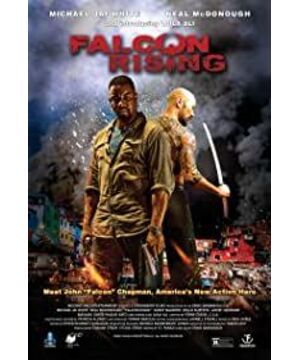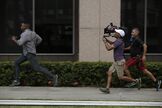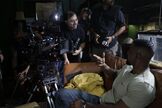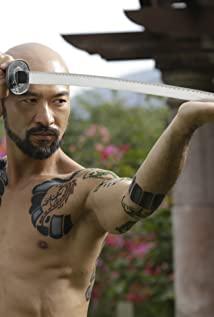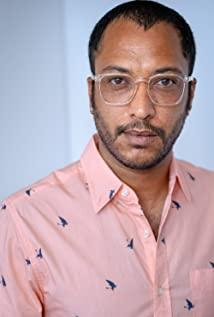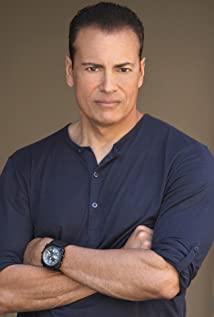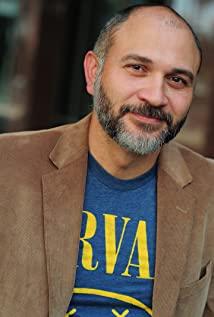The male protagonist played by Michael G. White possesses blood-spraying muscles. This makes the editor who has been working on a fitness card for three years but failed to lose weight ashamed. His vigorous skills are mixed with the shadow of Chinese Kung Fu Precise marksmanship and careful logical thinking tell people all the time that this is a typical American personal heroism movie.
Personal heroism is commonplace in Hollywood movies, not to mention the imaginative animations of "Zorro" and "Batman", nor the "Terminator" of Schwarzenegger and Stallone's simultaneous burst of male hormones and adrenaline. "And "First Blood", and even "Saving Private Ryan" and "Pearl Island", war films that require the supremacy of team concepts are full of personal heroism.
Americans adore romance and worship heroes. In the early western movies, they are full of romantic feelings. Freedom is their highest pursuit. Personal abilities and heroism are infinitely magnified in the movies. Later, movies of punishing evil and promoting good emerged in Hollywood movies. Different movies used the same personal heroism routines and expression methods to conquer the hearts of movie fans time and time again.
Although "The Rise of Falcon" is not a typical film of this kind, it is fully in line with the conceptual framework of personal heroism and violence against violence. Behind the film is a critique of reality and the helplessness of the American judiciary in fighting crime. In the United States, although a complete jury system, a strict illegal evidence exclusion system, and a strong lawyer's rights protection mechanism can avoid unjust, false and wrong cases, the personal discrimination in the jury system and the harshness of the illegal evidence exclusion system "The fruit of a poisonous tree" and the complicated litigation procedures after lawyers participate are more likely to make criminals go unpunished and evade sanctions. (Professor He Jiahong of Renmin University shows that the wrong case rate in the United States is about 3%, which is more than one hundred times that of China)
Putting aside the entanglement of "bad law and illegality", the law itself should be fair, but the law is being implemented The process may cause injustice due to procedural or man-made reasons. Therefore, Americans imagine that there is such a hero who is free from the law, free from legal restrictions on procedures, evidence, and methods, and represents justice, punishing crimes and promoting justice. So with Zorro, Batman, and Chapman in this film, when the judiciary is unable to fight crime, when the police and the bad guys are fighting together, they stand up to protect their loved ones.
Hadlow Berman once said that "the law must be believed, otherwise it is useless." Regardless of the implementation of the law, the law itself should be obeyed and believed. A society without legal beliefs is bound to be chaotic and disorderly, and the pursuit of fairness and justice is a fantasy. In this film, Chapman did not kill the rebellious policeman Thiago in the end, because the hero also believes in the law and uses his ability to get the bad guys punished by the law and let the law serve justice. This is true justice.
~~~~
Finally, the editor has a small wish: Wish in the new year, more personal heroism films will be made on the land of China, and there will be less farce that challenges the dignity of the law! ——To the many "injustices" who are still making trouble in the judiciary!
-------------------------------------------------- ------------------------------
Welcome to follow WeChat public account: YUAN--WAI and click on the upper right corner after following Avatar, and then click "View History Messages" to see past articles. I hope everyone will pay more attention and discuss the matter between film and law together!
View more about Falcon Rising reviews


